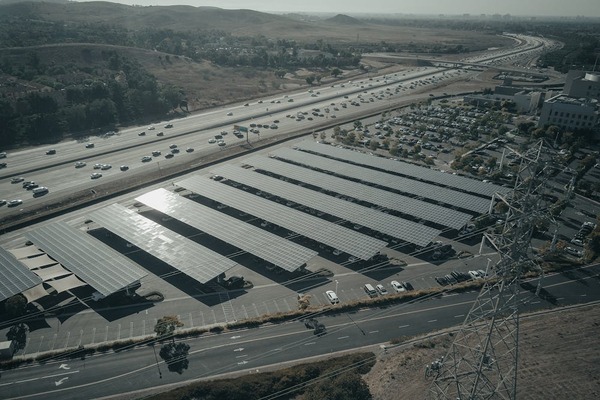JERA Co., Ltd. and East Japan Railway Company (JR East) have entered into an agreement to introduce a corporate power purchasing model focused on renewable energy. This arrangement will enable JR East to source electricity generated offsite from clean energy facilities. The initiative is designed to provide renewable power to JR East’s commercial operations, starting from February 1, 2025.
Under the agreement, JERA will supply solar energy through its subsidiary, JERA Cross Inc., which will act as the aggregator. East Japan Railway Trading Co., Ltd., a JR East subsidiary, will retail this electricity to Atre Oimachi and Lumine Yokohama, two shopping and commercial complexes. In addition to solar energy, JR East will supply electricity generated from food waste for these facilities.
The project aims to promote the use of renewable energy in Japan’s commercial infrastructure. By sourcing electricity from solar power and biomass (food waste), it demonstrates the integration of clean energy technologies in urban settings. The companies intend for these efforts to contribute to a lower-carbon energy system in the region.
In addition to this project, Japan has other ongoing renewable energy initiatives. For example, the Fukushima Floating Offshore Wind Farm Demonstration Project has been operational since 2013. Located off the coast of Fukushima Prefecture, the floating wind farm has an installed capacity of 14 megawatts (MW). Another project is the Komekurayama Solar Power Plant in Yamanashi Prefecture, which has an installed capacity of 10 MW and incorporates a large-scale energy storage system.
Japan is also exploring geothermal energy. The Yuzawa Geothermal Power Plant in Akita Prefecture is under development and expected to add 14.9 MW of capacity. These projects represent the country’s steps toward diversifying its renewable energy sources.

